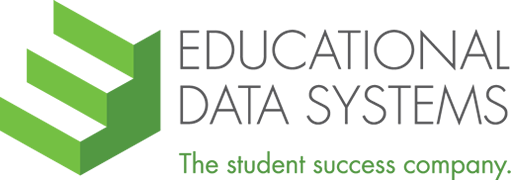As we look forward to a new calendar year, we want to provide you with resources to stay up-to-date on research related to assessment, geospatial analysis, and educational policy. Here is a set of some of our favorite publications of 2019. We hope you will find these links helpful, and Happy New Year!
Research related to place, geography and geographical information systems (GIS). The American Educational Research Association published an Open Journal collection of 9 educational policy research papers related to geospatial analysis. The topics include patterns of segregation, the importance of historical and geographical context in educational research, the geography of school choice, and patterns in Pre-K enrollment.
Examining absenteeism using geographic data. In Danger on the Way to School: Exposure to Violent Crime, Public Transportation, and Absenteeism, Julia Burdick-Will, Marc L. Stein, and Jeffrey Grigg present research based on data collected and analyzed in a geographic information system. The authors put together crime, transportation, and student-level data to examine how exposure to violent crime is related to high school absenteeism in Baltimore. The literature review section is highly accessible and relevant for anyone exploring research on chronic absenteeism.
Rasch model of measurement. The Rasch model is widely used in large-scale assessment, but the unit of measure—the logit—is not easy to interpret. In Interpreting and visualizing the unit of measurement in the Rasch Model, Derek C. Briggs presents an argument and a pathway for establishing a more meaningful reference unit.
Indicators of Educational Opportunity database. Researchers at Stanford University have compiled a database of indicators of academic performance from around the country. An interactive data exploration tool allows users to compare “measures of educational opportunity” from locations around the US. The website includes links to research reports based on analysis of information included in the database.
Help with understanding research reports. Reports from think tanks often tackle hot topics and provide recommendations for educational policy, but they are not generally peer reviewed. The National Education Policy Center at the University of Colorado, Boulder provides balanced reviews of current, non-peer reviewed educational policy reports.
Recent reviews have examined reports on topics such as student achievement in charter schools and fairness in school facilities funding.

